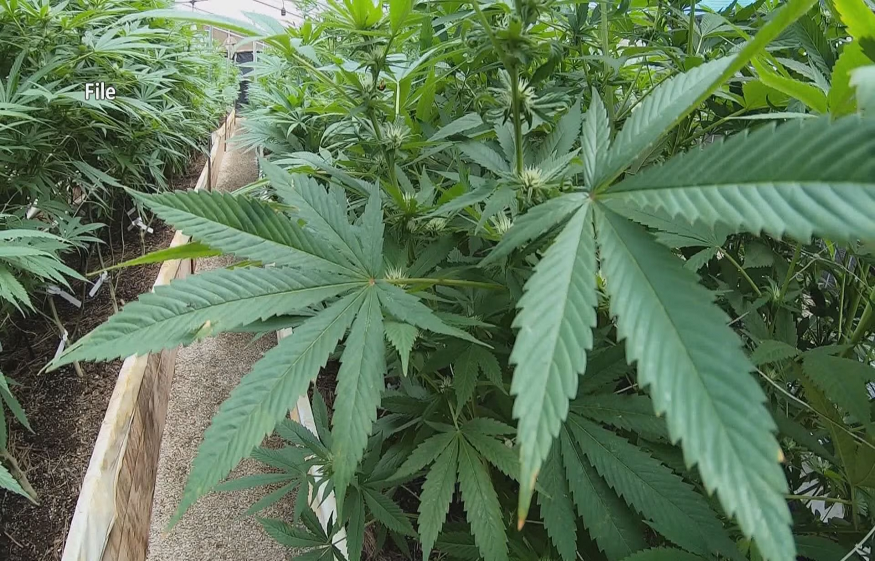There has been a growing interest in exploring alternative treatments for mental health conditions in recent years, and medical marijuana Texas has emerged as a potential option. Texas, known for its conservative stance on drug policies, has taken steps toward recognizing the therapeutic potential of cannabis for certain medical conditions, including mental health disorders.
This article delves into addressing mental health conditions with medical marijuana in the context of the Texan landscape.
The Current Landscape
As of my knowledge cutoff in September 2021, Texas had implemented the Compassionate Use Program, granting individuals who have intractable epilepsy the opportunity to obtain cannabis oil with low levels of THC (tetrahydrocannabinol). However, this program does not encompass other mental health conditions like anxiety, depression, or post-traumatic stress disorder (PTSD). Nonetheless, the conversation surrounding the inclusion of these conditions is gaining momentum, with proponents advocating for expanding medical marijuana access to mental health patients in Texas.
The Potential Benefits
Scientific research and anecdotal evidence suggest that medical marijuana may hold promise for certain mental health conditions. Cannabidiol (CBD), a component derived from cannabis that does not cause psychoactive effects, has demonstrated promise in alleviating anxiety symptoms and enhancing the overall quality of sleep. Additionally, tetrahydrocannabinol (THC), the psychoactive component, may help manage symptoms of PTSD by reducing nightmares and anxiety associated with trauma. However, it is important to note that the efficacy and safety of medical marijuana for mental health conditions are still being studied, and more research is needed to establish its potential benefits conclusively.
Challenges And Considerations
While the potential benefits are encouraging, several challenges and considerations must be addressed when discussing medical marijuana for mental health conditions in Texas. Firstly, there are concerns about the lack of standardized dosing, as cannabis affects individuals differently. Secondly, the potential for abuse and addiction is a valid concern, especially considering the psychoactive properties of THC.
Regulatory Framework And Future Possibilities
The Compassionate Use Program in Texas currently limits access to medical marijuana to a specific group of patients. However, there have been efforts to expand the program to include mental health conditions. In May 2021, the Texas House of Representatives passed House Bill 1535, which aimed to expand the program to include individuals with PTSD and chronic pain. While this bill did not become law at the time of my knowledge cutoff, it signifies the shifting perspectives and growing recognition of the potential benefits medical marijuana may offer for mental health conditions in Texas.
Conclusion
The discussion surrounding the use of medical marijuana for mental health conditions in Texas is complex, requiring careful consideration of the potential benefits, challenges, and regulatory frameworks. While scientific research is still limited in this area, anecdotal evidence and early studies suggest that medical marijuana may hold promise for addressing certain mental health conditions. Continued research, open dialogue, and informed decision-making are crucial to determining the role of medical marijuana in the treatment of mental health conditions in Texas. As the landscape evolves, it is essential to balance patient access, safety, and regulatory considerations to ensure the well-being of those seeking alternative treatment options for their mental health.

